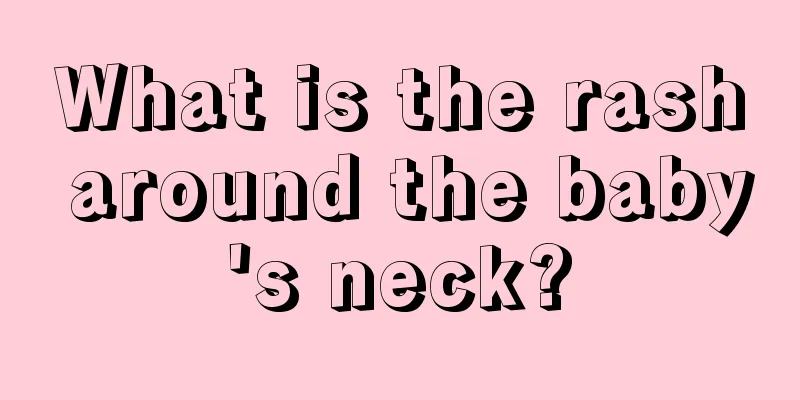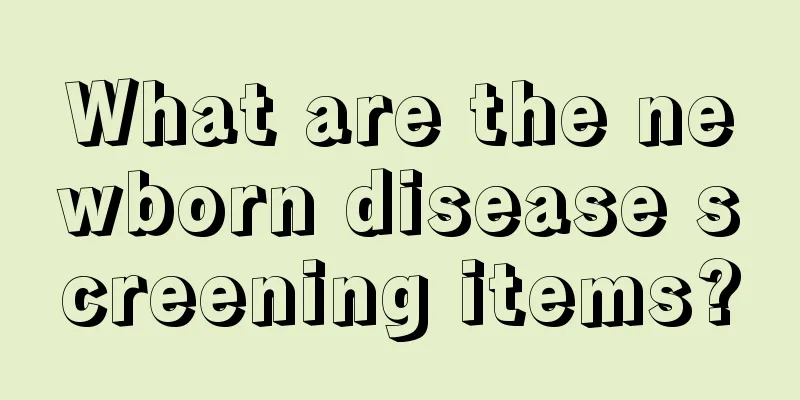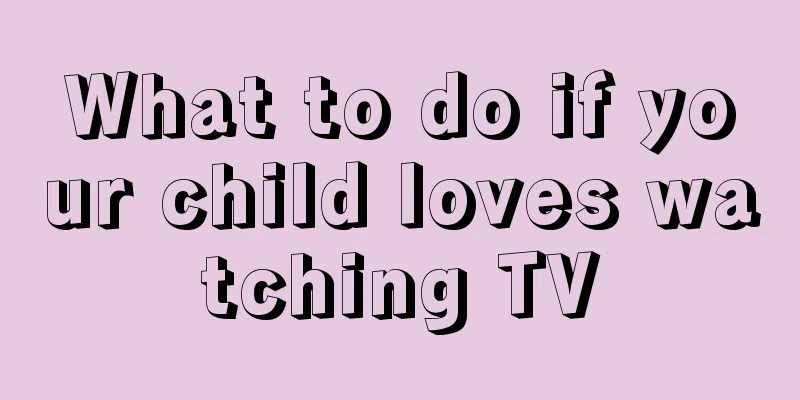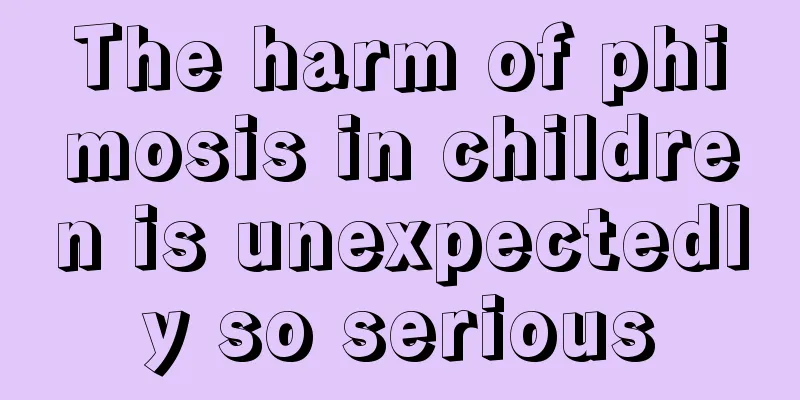Are teeth replaced inside?

|
When children are about six years old, their teeth will begin to change, and this process will last for three to five years. Some children will have completely changed their teeth by the age of twelve, while some may be earlier or later. However, as long as there are no health problems with the teeth, it is a normal physiological phenomenon. Pay attention to the health of your teeth when they are changing. Some children do not have a smooth change of teeth. Do they change teeth inside the teeth? Some children grow new teeth before their teeth fall out, which is also a common phenomenon. When does children start to change their teeth? Children usually start to lose their teeth around the age of 6. The physiological shedding of the first deciduous tooth usually occurs around the age of 6, but it can also occur as early as 4 years old, or as late as 7-8 years old, so there is no need to worry. Naturally fallen deciduous teeth have no roots and the fallen surface appears eroded. Parents should pay attention to observe and not confuse them with broken roots of deciduous teeth. People grow teeth twice in their life, namely deciduous teeth and permanent teeth. There are 20 deciduous teeth, which usually start to erupt around 6 months old and are fully grown at 2-3 years old. There are 28-32 permanent teeth (the number of wisdom teeth is 0-4), which usually start to grow around 6 years old and 28 are fully grown at 12-13 years old (wisdom teeth vary from person to person). Therefore, the tooth replacement period is usually between 6 and 12 years old. There are certain rules for tooth replacement. Simply put, it is a certain time and a certain order, following the principle of "left-right symmetry, first lower and then upper". Left-right symmetry, first lower and then upper refers to teeth with the same name. Children's tooth replacement sequence chart When children reach the age when they start to change their teeth, parents can use the children's tooth replacement sequence chart to find out which tooth will grow first and whether the baby teeth have fallen out. They can pay close attention to the children's tooth replacement and see a dentist regularly to ensure that the children grow neat and healthy teeth. Generally speaking, children's teeth change in a symmetrical manner, with the upper and lower rows of teeth changing first and then the lower ones. The order in which children replace their teeth is: (1) When children are 6-8 years old, they begin to grow their first permanent teeth, the central incisors, and the first molars also gradually grow out; (2) When children reach 8-9 years old, lateral incisors begin to grow; (3) Children aged 10-12 years old begin to grow bicuspids, starting with the first bicuspids, which are next to the lateral teeth; (4) When children are 11-12 years old, the upper and lower canines have gradually grown out; (5) Children aged 12-13 begin to grow second molars; (6) The last third molar, also known as the wisdom tooth, does not begin to grow until the child is 17 years old, and will continue to grow until the age of 21, which varies from person to person. |
<<: Why does a nine-year-old girl have discharge?
>>: What are the dangers of babies breathing through their mouths frequently?
Recommend
Introduction to the process of blue light treatment for neonatal jaundice
Every baby is an angel given to us by God and the...
What medicine should children take for stomachache?
When we were children, we often had discomfort of...
Can a newborn baby wash his face?
Many new parents have no idea how to take care of...
Asthma symptoms in children are so serious
Children must be actively treated when they devel...
What to do if your child likes to talk in class
Children who have just started school have many s...
What are the treatment guidelines for Pseudomonas aeruginosa?
Pseudomonas aeruginosa is a treatment issue that ...
Prevention and care of aortic stenosis in infants
Not only adults can have aortic problems, but inf...
What is the standard height and weight for a 7-year-old boy?
Many parents said that after taking their childre...
Knowledge about neonatal congenital heart disease screening
We may have seen many children with congenital he...
How to eat apples for six months old baby
There are many benefits of eating apples, not onl...
What is the treatment for babies who always bite their lips?
Although it is not a serious disease for babies t...
What should I do if my child has blisters and skin breaks due to burns?
Burns in life have become a very common thing. Ge...
Baby's nasal discharge is yellow and sticky
Many young parents pay special attention to their...
What to do if your child has depression tendencies
We all know that in the process of children's...
Does ADHD have symptoms? What are the symptoms?
Both physical and psychological development of ch...









